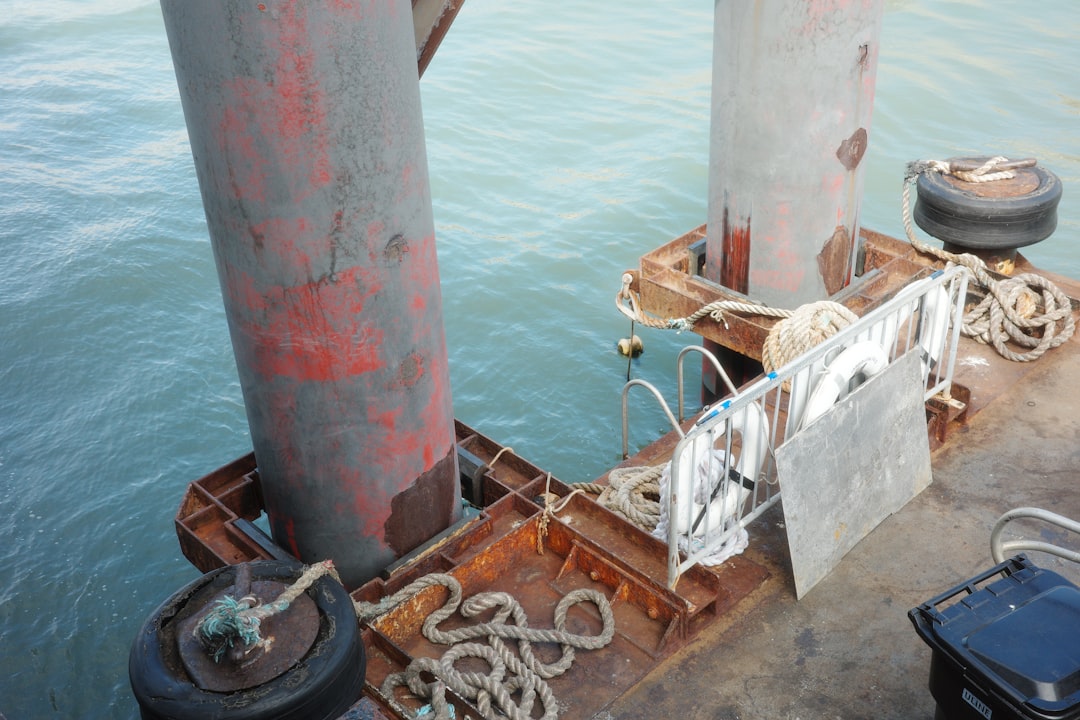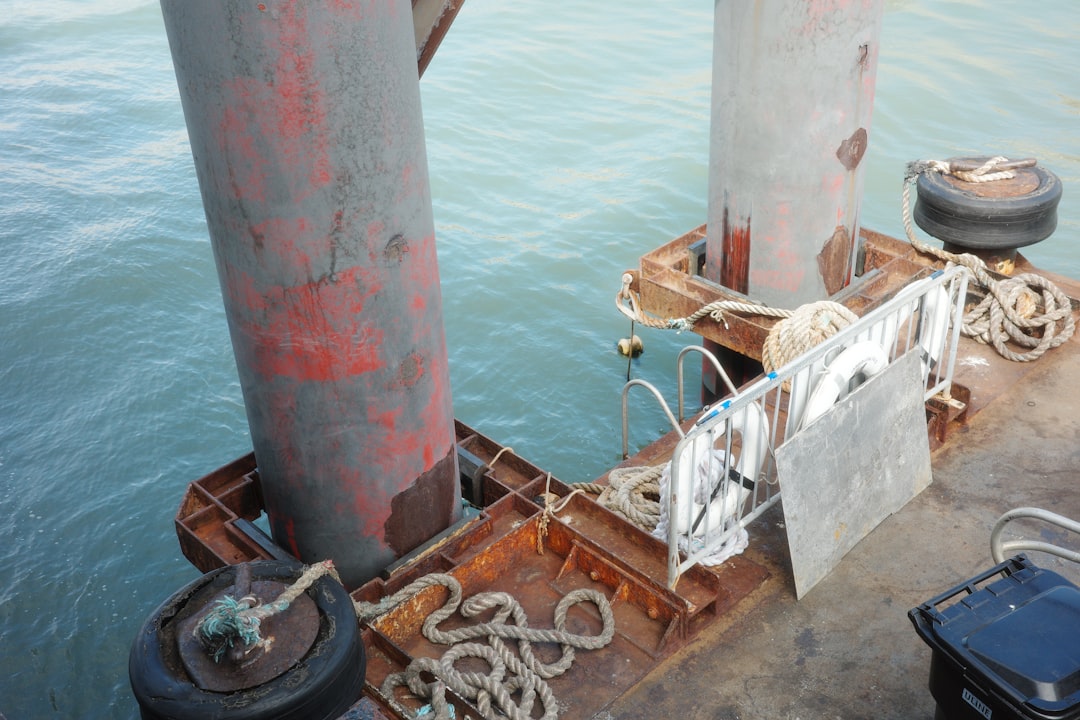Understanding GCC Steel Fixer Requirements
Steel fixers perform critical reinforcement work. Additionally, they interpret structural drawings accurately. Moreover, they cut, bend, and place steel bars. Consequently, technical skills remain paramount. However, GCC projects often involve complex specifications. Therefore, recruitment must verify practical experience thoroughly.
GCC construction environments present unique challenges. Furthermore, extreme heat requires special safety protocols. Moreover, project timelines remain extremely aggressive. Additionally, multinational teams create communication complexities. Therefore, candidate assessment must evaluate adaptability carefully.
Essential qualifications for steel fixers include:
- Minimum 3-5 years practical experience
- Technical training certification
- Ability to read structural drawings
- Knowledge of steel bar specifications
- Physical fitness for demanding work
- Basic English or Arabic communication skills
Regional requirements vary significantly between countries. For example, Saudi Arabia mandates specific technical certifications. Conversely, Qatar emphasizes safety training credentials. Moreover, UAE requires trade testing verification. Therefore, understanding local standards proves crucial. Additionally, International Labour Organization guidelines provide useful frameworks.
Onboarding Steel Fixer GCC Strategic Overview
Effective onboarding steel fixer GCC processes require systematic approaches. Furthermore, strategic planning prevents common pitfalls. Moreover, comprehensive orientation programs boost productivity. Therefore, employers should develop structured frameworks. Additionally, cultural integration supports long-term retention.
The recruitment-to-deployment journey involves multiple stages. First, technical screening verifies practical skills. Second, documentation processing ensures compliance. Third, pre-departure orientation prepares candidates. Finally, site induction integrates workers. Consequently, each phase demands careful attention.
Key strategic considerations include:
- Developing country-specific onboarding checklists
- Establishing clear communication channels
- Creating cultural orientation programs
- Implementing mentorship systems
- Setting performance expectations clearly
- Planning accommodation and transportation
Successful workforce integration requires partnership approaches. Moreover, U.S. Department of Commerce trade resources offer valuable market insights. Therefore, employers should invest in relationship building. Additionally, regular feedback mechanisms identify improvement opportunities.
Legal Framework and Compliance Standards
GCC labor laws govern foreign worker employment. Furthermore, regulations continue evolving rapidly. Moreover, compliance requirements differ across Emirates and Kingdoms. Therefore, employers must stay updated continuously. Additionally, violation penalties can be severe.
Essential legal requirements include proper employment contracts. Furthermore, these must specify terms clearly. Moreover, they should align with local standards. Additionally, wage protection systems mandate timely payment. Consequently, payroll processes require careful management.
Critical compliance areas include:
- Valid work permits and residency visas
- Medical insurance coverage
- Occupational health and safety compliance
- Accommodation standards meeting local requirements
- Working hour regulations adherence
- End-of-service benefit calculations
Documentation verification remains essential throughout the process. For example, educational certificates require attestation. Moreover, experience letters need authentication. Therefore, employers should allocate sufficient time. Additionally, UAE government employment regulations provide official guidance.
Onboarding Steel Fixer GCC Best Practices
Implementing proven onboarding steel fixer GCC methodologies ensures success. Furthermore, structured approaches reduce early turnover. Moreover, comprehensive orientation accelerates productivity. Therefore, employers should follow established best practices. Additionally, continuous improvement maintains effectiveness.
Pre-arrival preparation forms the foundation. First, complete all documentation beforehand. Second, arrange proper accommodation. Third, assign site mentors. Consequently, new arrivals feel welcomed immediately. Moreover, clear communication sets positive tones.
Essential best practices include:
- Conducting thorough pre-employment medical checks
- Providing detailed employment contract explanations
- Organizing comprehensive safety induction programs
- Arranging cultural orientation sessions
- Establishing clear grievance procedures
- Implementing regular progress reviews
Site-specific training proves particularly important. For instance, project layouts require familiarization. Moreover, emergency procedures need demonstration. Therefore, practical orientation sessions work best. Additionally, World Health Organization workplace standards inform health protocols.
Documentation and Processing Steps
Steel fixer recruitment involves extensive documentation. Furthermore, processing requires meticulous attention. Moreover, missing documents cause significant delays. Therefore, systematic approaches prevent problems. Additionally, digital tracking systems improve efficiency.
The documentation journey begins with candidate selection. First, collect educational and experience certificates. Second, obtain passport copies and photographs. Third, prepare employment contracts. Consequently, organized checklists ensure completeness.
Essential documentation includes:
- Passport with minimum validity
- Educational certificates and transcripts
- Experience certificates from previous employers
- Passport-sized photographs
- Medical fitness certificates
- Employment contract signed copies
Attestation processes vary by country of origin. For example, Indian documents require HRD and MEA authentication. Moreover, GCC embassies need further attestation. Therefore, understanding specific requirements saves time. Additionally, professional recruitment resources provide detailed guidance.
Onboarding Steel Fixer GCC Implementation Timeline
Realistic onboarding steel fixer GCC timelines prevent frustration. Furthermore, understanding processing durations aids planning. Moreover, seasonal variations affect processing speed. Therefore, employers should build buffer periods. Additionally, clear communication manages expectations.
The complete onboarding cycle typically spans 6-10 weeks. First, candidate selection takes 1-2 weeks. Second, documentation processing requires 2-3 weeks. Third, visa procedures need 2-4 weeks. Consequently, advance planning proves essential.
Critical timeline milestones include:
- Initial candidate screening: 3-5 business days
- Document collection and verification: 7-10 days
- Contract signing and attestation: 5-7 days
- Visa application and processing: 14-21 days
- Travel arrangements and deployment: 3-5 days
- Site induction and training: 2-3 days
Various factors influence timeline duration. For instance, embassy workload affects attestation speed. Moreover, medical results availability varies. Therefore, flexibility remains important. Additionally, World Bank labor market reports provide context.
Common Challenges and Solutions
Steel fixer onboarding presents several common challenges. Furthermore, anticipating problems enables prevention. Moreover, proactive approaches minimize disruptions. Therefore, employers should develop contingency plans. Additionally, experienced partners provide valuable support.
Documentation issues frequently cause delays. First, incomplete applications require resubmission. Second, attestation backlogs extend processing. Third, medical conditions need resolution. Consequently, thorough verification prevents most problems.
Common challenges and solutions include:
- Language barriers: Provide translation support and visual guides
- Cultural adjustment: Implement mentorship programs
- Skill verification: Conduct practical assessments
- Compliance gaps: Engage local legal experts
- Accommodation issues: Pre-inspect living facilities
- Retention problems: Offer career development opportunities
Effective problem-solving requires systematic approaches. Moreover, regular monitoring identifies issues early. Therefore, established communication channels prove valuable. Additionally, schedule consultation appointment for personalized solutions.
Expert Recommendations for Success
Successful steel fixer onboarding requires expert approaches. Furthermore, industry insights inform best practices. Moreover, continuous improvement maintains competitiveness. Therefore, employers should implement professional recommendations. Additionally, measurement ensures effectiveness.
Relationship building forms the foundation. First, treat workers with respect and dignity. Second, provide clear career progression paths. Third, recognize and reward good performance. Consequently, loyalty and productivity increase significantly.
Key expert recommendations include:
- Develop comprehensive onboarding manuals
- Implement digital documentation systems
- Establish cross-cultural training programs
- Create safety certification pathways
- Build continuous feedback mechanisms
- Measure onboarding effectiveness regularly
Professional partnerships enhance success rates. Moreover, specialized recruitment expertise adds value. Therefore, collaborating with experienced providers makes sense. Additionally, long-term relationships yield better results.
Frequently Asked Questions About Onboarding Steel Fixer GCC
What is the timeline for onboarding steel fixer GCC?
Timeline typically ranges 6-10 weeks depending on country requirements. Furthermore, documentation preparation affects processing speed. Therefore, consult our specialists for accurate estimates.
What documentation is required for steel fixer recruitment?
Required documents include employment contracts, visa applications, medical certificates, and educational credentials. Additionally, country-specific requirements vary. Moreover, attestation procedures apply.
What are typical costs for steel fixer onboarding?
Costs vary by experience level, country, and volume. Furthermore, visa fees, medical screening, and documentation affect total investment. Therefore, request detailed quotations from recruitment partners.
How does Allianze HR ensure compliance?
We maintain Ministry-approved RA license status. Additionally, our team monitors GCC labor law changes. Moreover, we conduct thorough documentation verification at every stage.
Which GCC countries does Allianze serve?
We provide recruitment services across UAE, Saudi Arabia, Qatar, Kuwait, Bahrain, and Oman. Furthermore, our South Asian talent network spans India, Nepal, Bangladesh, and Pakistan.
What industries does Allianze specialize in?
Our expertise covers construction, hospitality, healthcare, facilities management, manufacturing, and technical services. Additionally, we handle both skilled and semi-skilled recruitment.
Partner with Allianze HR for Steel Fixer Success
Effective onboarding steel fixer GCC processes deliver significant benefits. Furthermore, proper workforce integration boosts productivity. Moreover, compliance adherence prevents legal issues. Therefore, investing in professional onboarding yields returns. Additionally, worker welfare ensures sustainable operations.
The GCC construction market continues growing steadily. Consequently, skilled steel fixer demand remains strong. Moreover, competition for talent intensifies. Therefore, superior onboarding becomes competitive advantage. Furthermore, retention rates impact project costs significantly.
Allianze HR Consultancy brings proven expertise to your recruitment challenges. Moreover, our comprehensive services cover entire employment cycles. Therefore, we become true partners in your success. Additionally, our track record speaks for itself. Contact us today to discuss your steel fixer recruitment needs.




